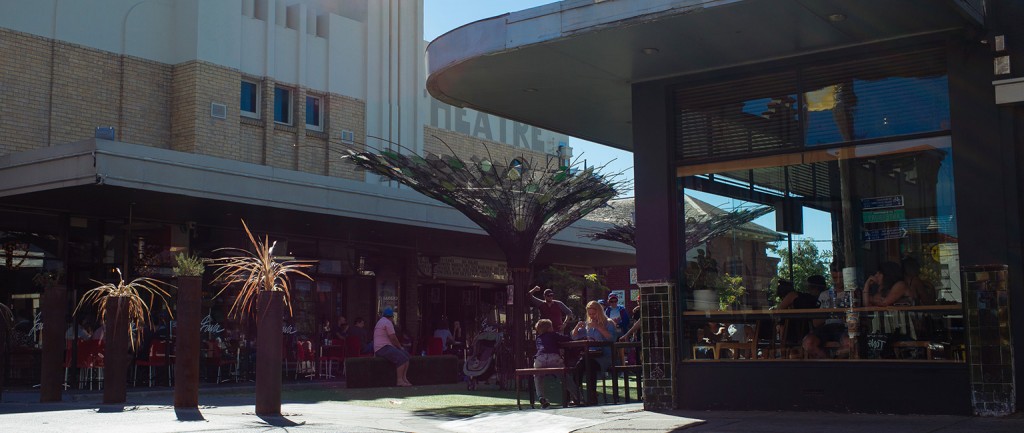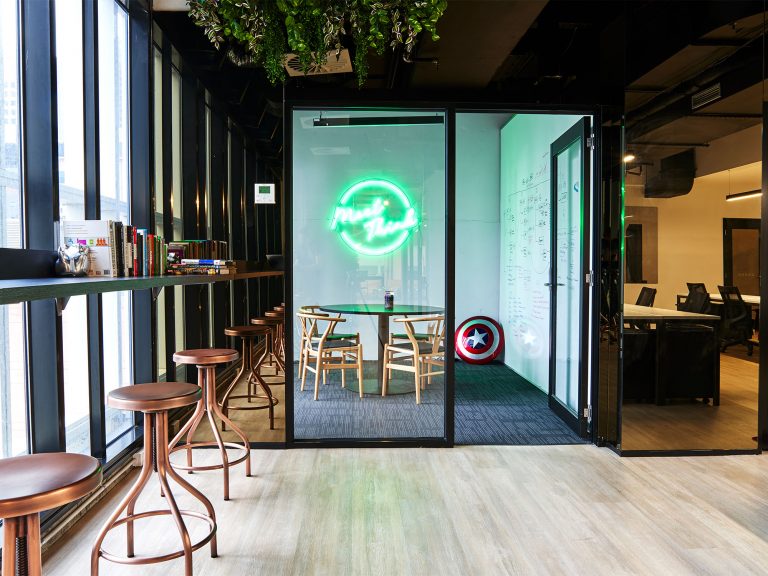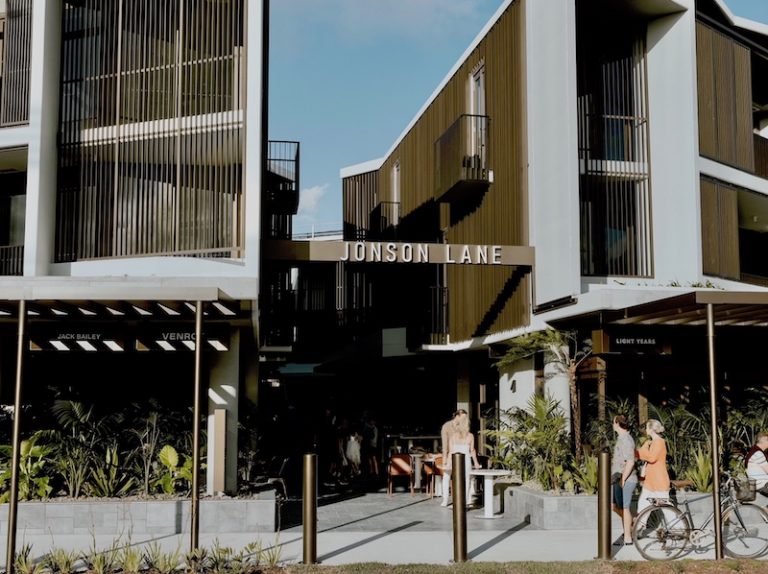Find the right property for your business

When you go searching for a headquarters for your business – just like your first home – you will be overwhelmed with options.
- Do you lease or do you buy?
- What questions do you need to ask?
- What features should you look for?
- How do you work out your budget?
- What do you need to see in your lease agreement and/or contract of sale?
Thor Harrison, who works as Sales and Leasing Co-ordinator for Netrent Commercial in the Brisbane CBD and fringe, has sold and leased hundreds of properties for clients for more than a decade.
Here are his top tips:
Ask yourself if you can afford to buy

When deciding whether to lease or buy, first you need to decide if you can afford to buy.
“Ask yourself if you can afford to lose that cash in the bank, as a purchase will cut into your working capital,” Harrison says.
If you want to buy your workplace but don’t want to eat up all of your commercial cash reserves, another option is to use your superannuation fund.
“Another solution for some will be to buy a property with some vacant space that can be leased to another business to create a rental income stream to help them pay their mortgage on the property. You keep the space you need for your business and then it gives you the option of taking back the leased space once your business grows and your tenant’s lease has expired.”
New business: Buying vs leasing commercial property
Look for features you’d want in your own home
When shopping for a commercial property – to buy or to lease – look for similar features as you’d want in your own home.
“The big one is commercial car parking. I would never look for a property that is not close to trains and public transport and has at least some off-street parking,” Harrison says.
Another solution for some will be to buy a property with some vacant space that can be leased to another business.
Never look at a property that is not close to public transport.

Other valuable features include:
- Future expansion potential (so you won’t have to move when you business expands)
- Close to major arterials, particularly if your business is sales-focused
- Light and bright with good insulation and heating/cooling systems
- Close to cafes and restaurants if possible
- Near your rivals to bring more people to your businesses; “Look for areas with reputations for fashion, for home decor, for restaurants, for hardware, etc”
- Close to the boss’s home; “I’d say in 95% of cases the boss lives nearby”
Budget for a fit-out
Work out how much you can afford to spend on your new premises.

Approach your lender for direction if borrowing to buy. Ongoing holding costs regardless of whether you will lease or own your workplace may include:
- Council rates
- Water rates
- Body corporate strata fees
- Insurance costs
- Air-conditioner maintenance
- Internal fit-out, which may include paint, carpet, a boardroom, window dressings and furniture
Buget planning: 5 key numbers when planning an office fit-out
Questions to ask selling or leasing agents
“When was the last time the air-con was serviced?”
This can be a very expensive cost to a small business if it goes kaput on your watch.
“Can we buy more car parks?”
This is something many growing businesses will need.
“How long are incumbent leases if the property is currently occupied?”
Three-year leases are standard for commercial properties but can be shorter or up to 10 years by negotiation.
“How long is the WALE (weighted average lease expiry)?”
If borrowing, your bank will generally want to see a longer WALE for greater peace of mind.
Harrison explains that while you may find a desirable multi-tenanted property, if all leases expire in six months this will impact its WALE and a bank may not lend to you should you end up with a vacant building in a few months’ time.
“Is GST applicable?”
If a tenant occupies more than 50% of the building, the new owner will have to pay an extra 10% on top of the agreed purchase price. You can claim it back but may deter some buyers.
“If the property is owner occupied, you will often be asked if the incumbent can lease back to help continue trading during the transition period,” Harrison adds.
Tough decisions: Choosing the right agent for you







